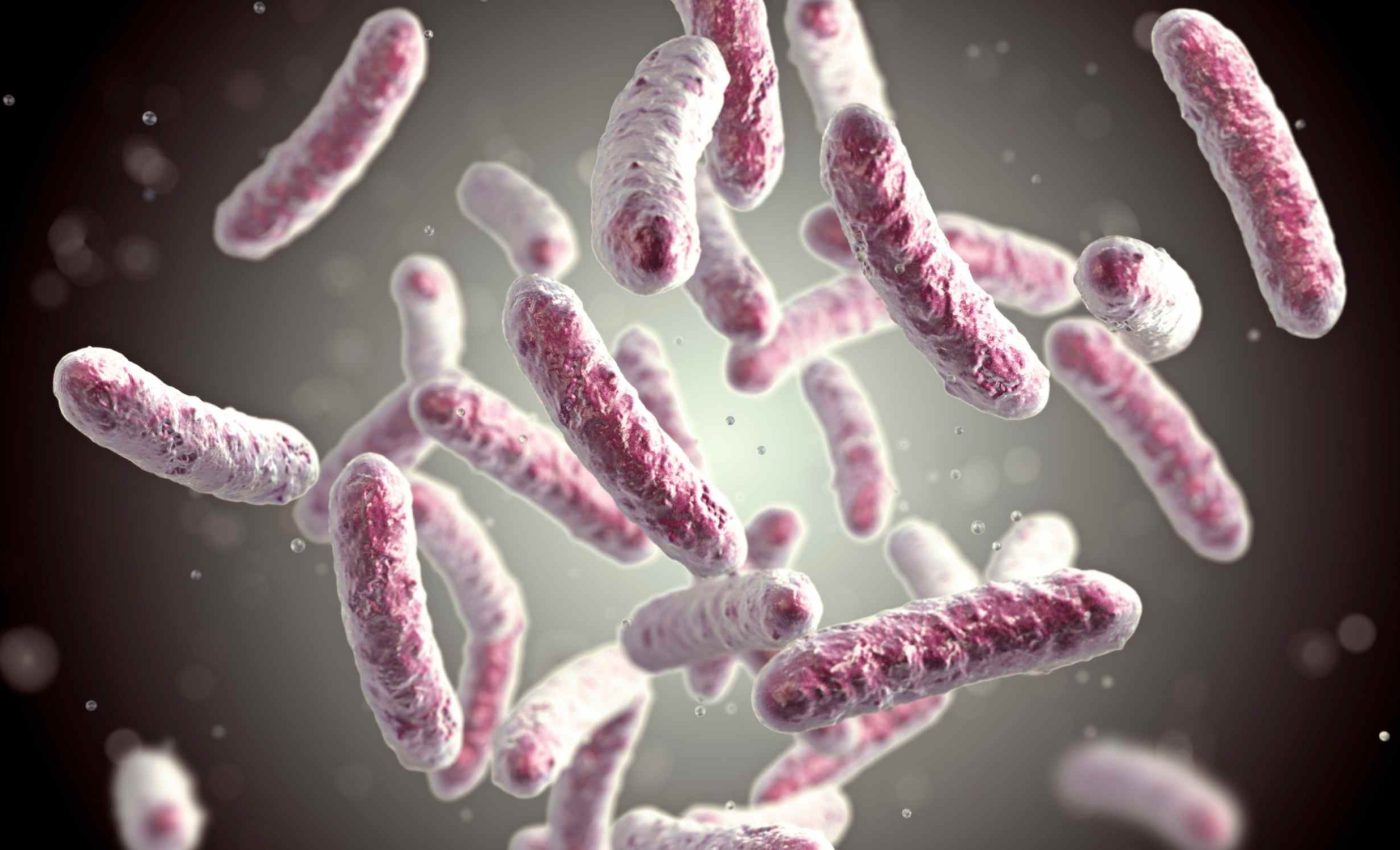
New study shows that milk consumption improves gut biodiversity and cheese reduces certain microbes
Milk is a staple in many households. It has long been valued for nutrients like calcium and vitamin D, yet new data hint at another benefit that involves the intricate community of microbes inside the digestive system.
Recent findings, led by Dr. Li Jiao from Baylor College of Medicine, shows that milk consumption is connected with an uptick in several helpful bacteria, while cheese may reduce certain microbes important for a balanced intestinal environment.
How dairy helps the gut
Experts say dairy interacts with the microbiome, which is the mix of microorganisms in the body that help break down nutrients. Milk seems to support a broader range of gut microbes, a sign of a more adaptable gut.
Scientists have explored the role of milk in encouraging the growth of bacteria linked to lower inflammation and improved gut barriers.
Some researchers suggest this trend could relate to the carbohydrate content in dairy, but details remain under investigation.
Understanding the microbiome – the basics
The microbiome refers to the vast community of microorganisms – bacteria, fungi, viruses, and others – that live in and on the human body, particularly in the gut.
These microbes aren’t just passive passengers; they play an active role in regulating digestion, synthesizing essential nutrients like vitamin K and certain B vitamins, and training the immune system.
The gut microbiome, in particular, acts almost like a second brain, influencing not just metabolism but also mood and behavior through the gut-brain axis.
This ecosystem is so vital that disruptions in its balance, known as dysbiosis, have been linked to a range of conditions from obesity and inflammatory bowel disease to anxiety and depression.
Examining key bacteria
Several dairy-linked microbes stand out. One is Faecalibacterium, known for producing substances that help maintain gut balance and calm inflammation.
Another is Akkermansia, often mentioned for its link to healthy weight and blood sugar control. Investigators say these bacteria can be more abundant in the gut when milk intake rises.
Cheese appears to bring different consequences by reducing Bacteroides, which are common gut residents that may influence colon conditions. It also seems to lower Subdoligranulum, a genus thought to play a part in metabolic health.
Scientists have noticed that Bifidobacterium, regarded as a probiotic, may increase with certain dairy habits too. This possibility has drawn interest among professionals looking for dietary ways to support digestion.
What yogurt didn’t reveal
Although yogurt is often praised for its probiotic potential, this study didn’t find clear links between yogurt intake and gut microbiota changes.
That’s likely because participants reported very low yogurt consumption overall, limiting meaningful analysis.
Without enough data, researchers couldn’t determine whether yogurt had the same effects on key bacteria like Akkermansia or Faecalibacterium.
More diverse and higher yogurt intake in future studies may be needed to explore how fermented dairy compares to milk and cheese.
Dairy intake and gut health
A few researchers highlight that milk has more lactose, which might help raise the presence of healthful bacteria.
Cheese, produced through fermentation, contains less lactose but includes other elements that might shape the gut in a different way.
Dietitians remind people that daily dairy recommendations can differ by age, lifestyle, and health status. Individuals who are sensitive to lactose or prone to certain digestive concerns might need to choose their dairy products carefully.
Some nutrition guidelines in the United States advise around three cups of dairy daily, although personal needs vary.
Many folks fall short of this amount, which leaves a door open for considering how milk or cheese might add microbial variety.
Future dietary guidelines
Health experts caution that these findings shouldn’t lead to broad assumptions about all dairy products.
The study involved a small group of older men, and their average dairy intake was lower than national averages, so the results may not apply to other groups or dietary patterns.
Still, the research adds weight to calls for more personalized dietary advice. Instead of focusing only on dairy quantity, future guidelines might need to emphasize the type of dairy product and its effects on gut bacteria balance and overall health.
Limits of small-scale research
The study included only 34 participants, most of whom were older men. This limited sample size makes it hard to apply the findings to younger people, women, or more diverse populations.
Also, the reliance on self-reported food frequency questionnaires introduces some uncertainty.
People don’t always remember their food habits accurately, which can affect how well their dairy intake matches up with microbiome changes.
Dairy, gut health, and the future
Studies increasingly point to the idea that food choices affect more than just basic nutrition. Milk consumption, in particular, is now tied to the presence of microbes that could protect against a variety of gut-related issues.
“Dairy consumption may influence host health by modulating the structure and composition of the colonic adherent gut microbiota,” said Dr. Jiao.
The broader health connection is an active topic, and future efforts may include trials that examine long-term changes.
Researchers plan to learn more about how each type of dairy modifies these microorganisms in people of different ages and backgrounds.
They also want to understand the range of nutrients, such as calcium or protein, that might work alongside gut microbes to keep digestion running smoothly.
The study is published in Nutrients.
—–
Like what you read? Subscribe to our newsletter for engaging articles, exclusive content, and the latest updates.
Check us out on EarthSnap, a free app brought to you by Eric Ralls and Earth.com.
—–













